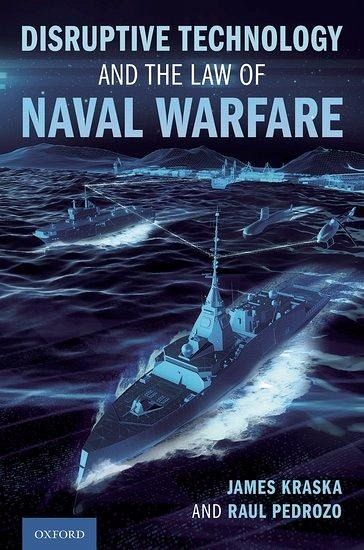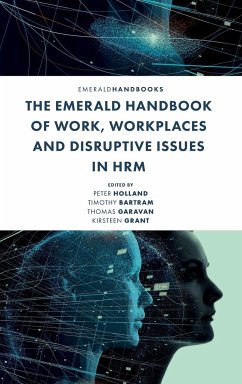
Disruptive Technology and the Law of Naval Warfare
Versandkostenfrei!
Versandfertig in über 4 Wochen
122,99 €
inkl. MwSt.
Weitere Ausgaben:

PAYBACK Punkte
61 °P sammeln!
Throughout history, seapower has been a function of marine technology. For two millennia, rowed galleys were used to project power at sea, but ever-new military technologies have disrupted international relations and the law of naval warfare. This book focuses on the law of naval warfare and related international law that applies to the spectrum of maritime conflict.













